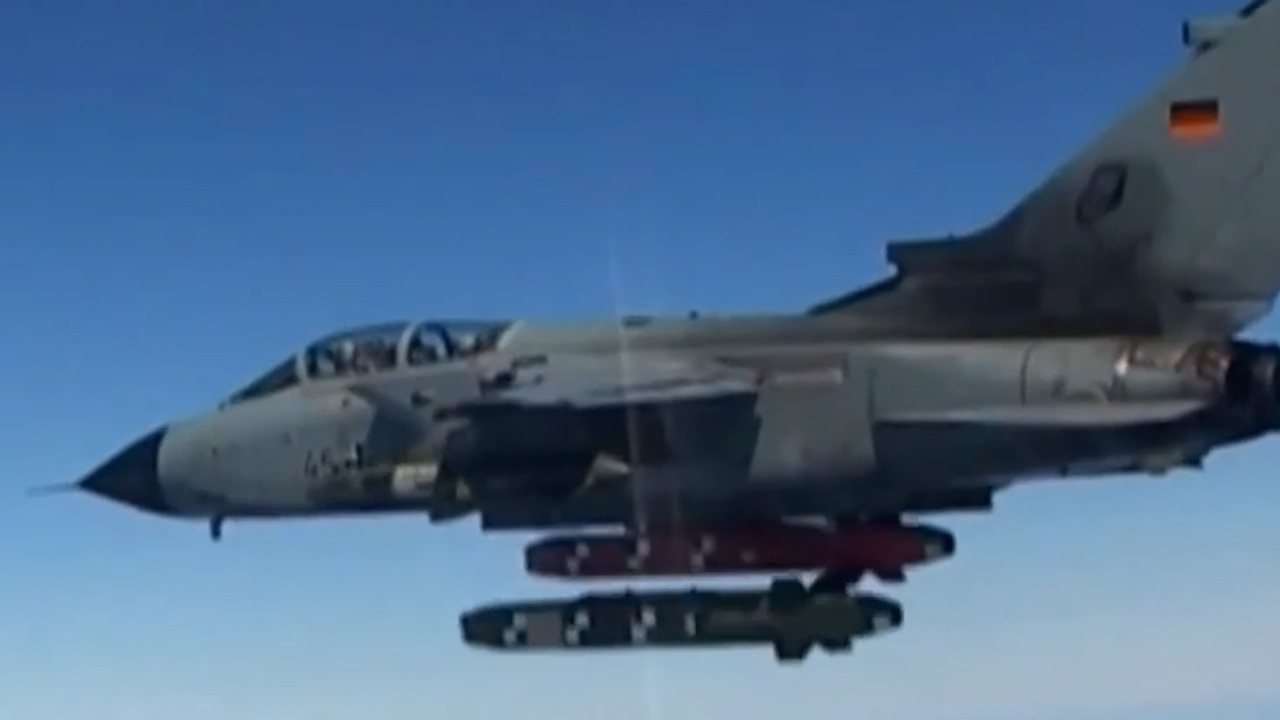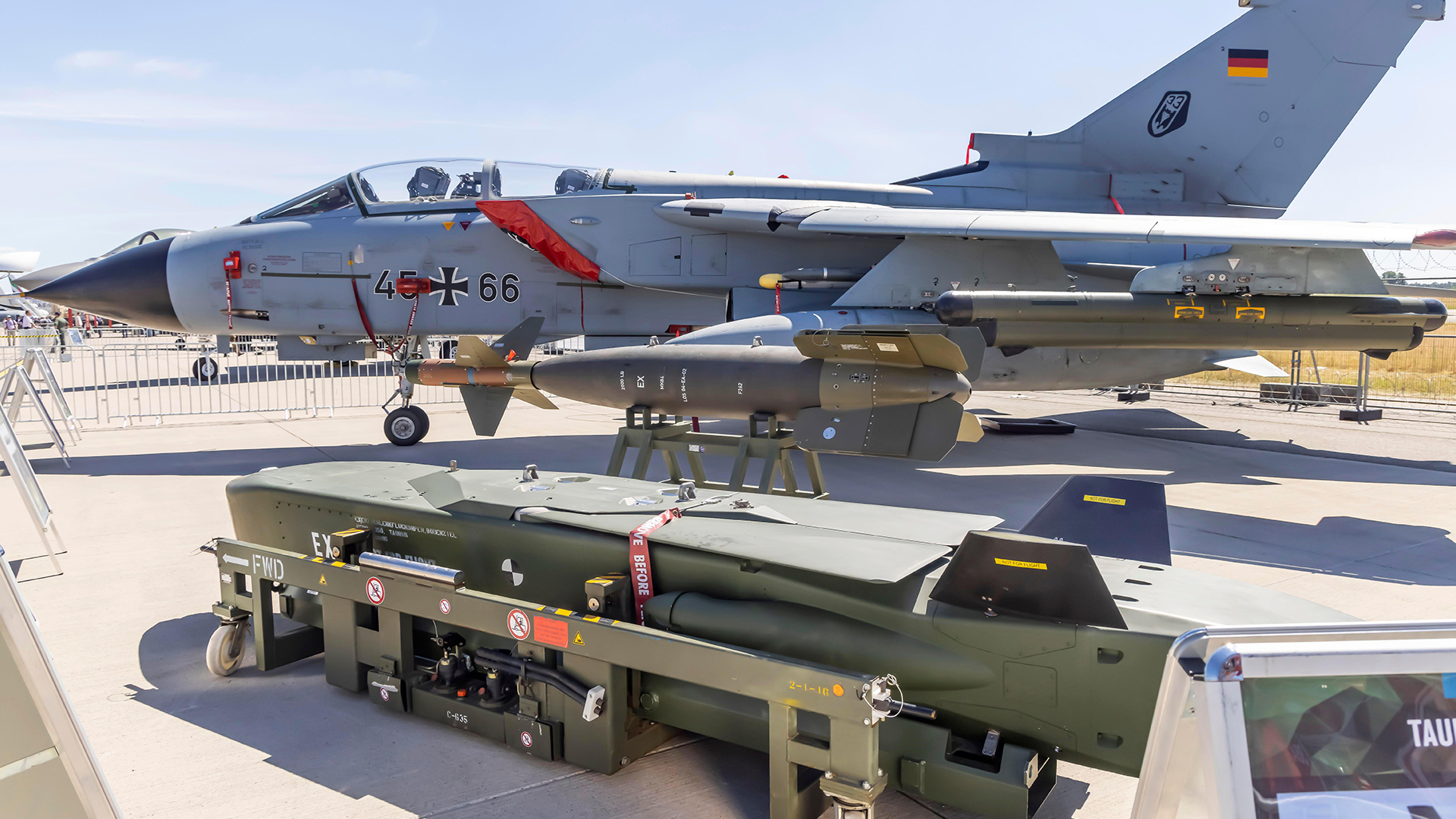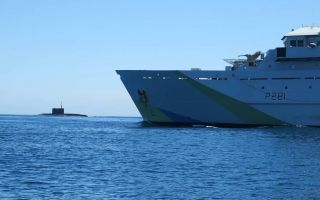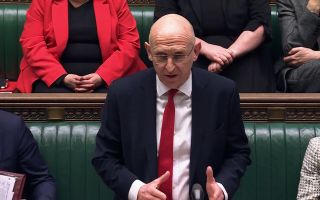
Germany, UK, France and US lift range restrictions on missiles sent to Ukraine, Merz confirms

The United States, the United Kingdom, France and Germany have all lifted range restrictions on the weapons they supply to Ukraine - allowing Kyiv to strike targets on Russian territory - German Chancellor Friedrich Merz has confirmed.
Speaking at a forum in Berlin, Mr Merz said: "There are no longer any range restrictions for weapons that have been delivered to Ukraine - neither by the British, nor by the French, nor by us, and not by the Americans either.
"That means Ukraine can also defend itself by, for example, attacking military positions in Russia. Until a while ago, it couldn't. It can now."
He added: "We call this 'long-range fire' in jargon, also supplying Ukraine with weapons that attack military targets in the hinterland."
The remarks led to speculation that Germany had adopted a new policy, but Mr Merz later clarified he was referring to a decision that had been made months ago.
At a press conference in Turku in Finland the following day he said: "The issue of limiting the range of deployed weapons played a role a few months and a few years ago.
"As far as I know, and as I said yesterday, the countries that imposed range limitations have long since abandoned these requirements.
"In this respect, yesterday in Berlin I described something that has been happening for months: namely that Ukraine has the right to use the weapons it receives, even beyond its own borders, against military targets on Russian territory."
Vice Chancellor Lars Klingbeil backed up the statement, telling reporters that no new decisions had been mad, "beyond what the previous government has done".
The Biden administration and other Western allies began easing restrictions in late 2024, after initially requiring that long-range weapons - including ATACMS, Storm Shadows and SCALPs - be used only in occupied Ukrainian territory.

The clarification from Mr Merz drew both criticism and praise. Ralf Stegner of the Social Democratic Party (SPD), part of Mr Merz's governing coalition, described the move as "unhelpful" and called for intensified diplomacy.
But former German defence minister Annegret Kramp-Karrenbauer welcomed the comments.
Mr Merz's position marks a clear break from his predecessor Olaf Scholz, who had repeatedly blocked the delivery of Germany's Taurus cruise missiles.
The Taurus has a range of more than 500 kilometres and features a specialised warhead designed to penetrate hardened structures like bunkers and bridges.
Before becoming chancellor, Mr Merz said he supported supplying Taurus missiles to Ukraine if coordinated with allies.
Since taking office, he has not confirmed whether his government intends to proceed with those deliveries.
His administration has also stopped disclosing full details of weapons shipments, adopting what it calls a policy of "strategic ambiguity" - a stance similar to that of French President Emmanuel Macron.
Mr Merz made the initial remarks just after a wave of Russian missile and drone attacks on Ukrainian cities, in what he described as Ukraine's ongoing right to self-defence.
Germany remains the second-largest military donor to Ukraine, after the United States.








